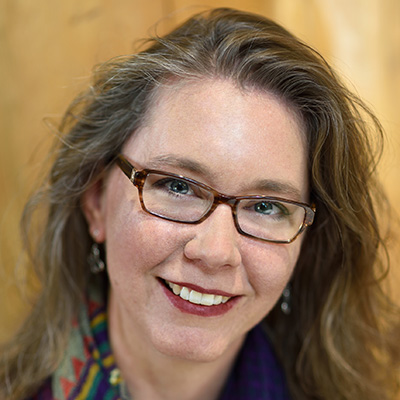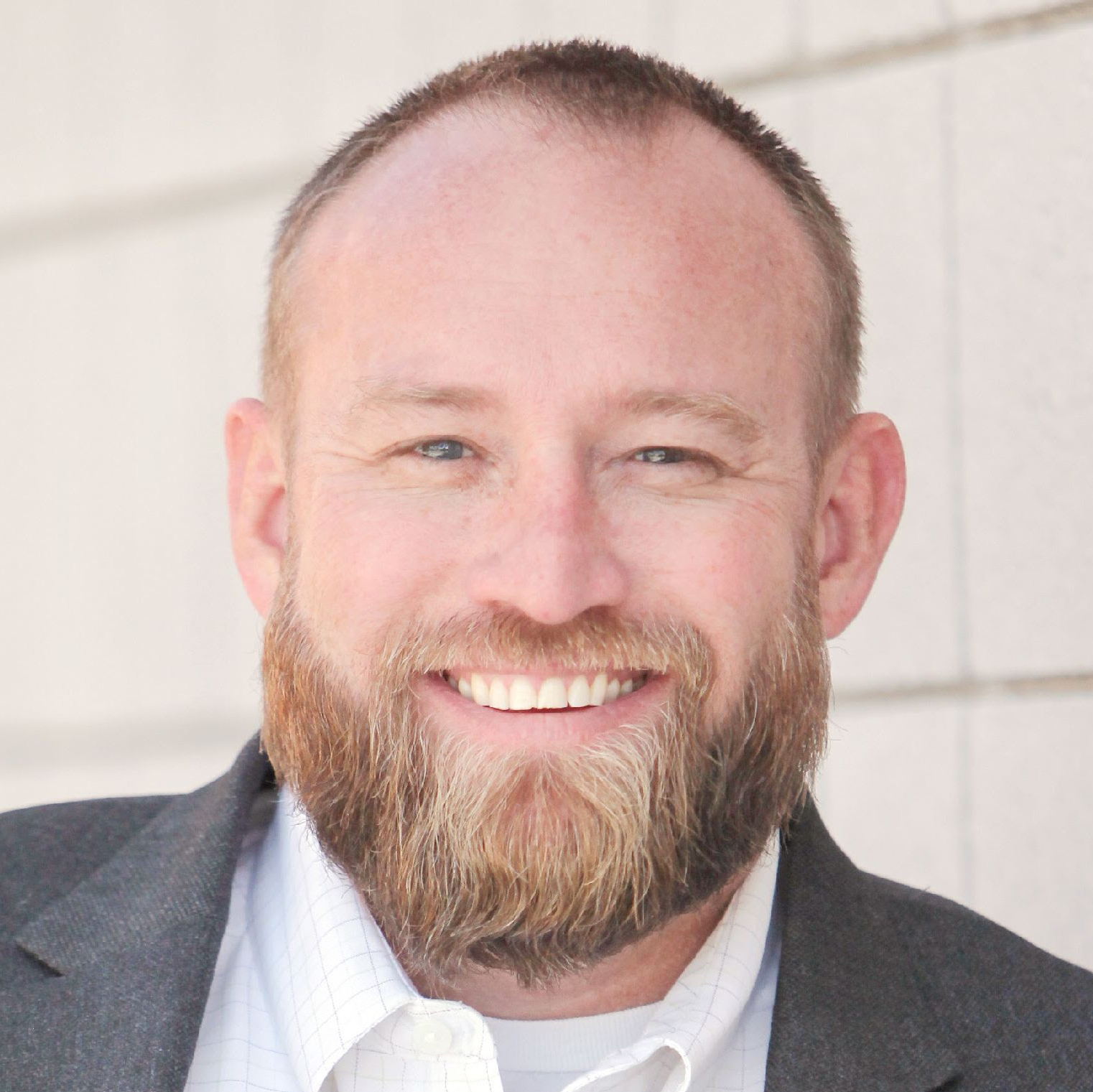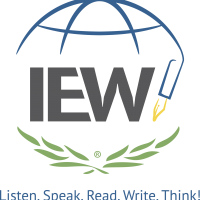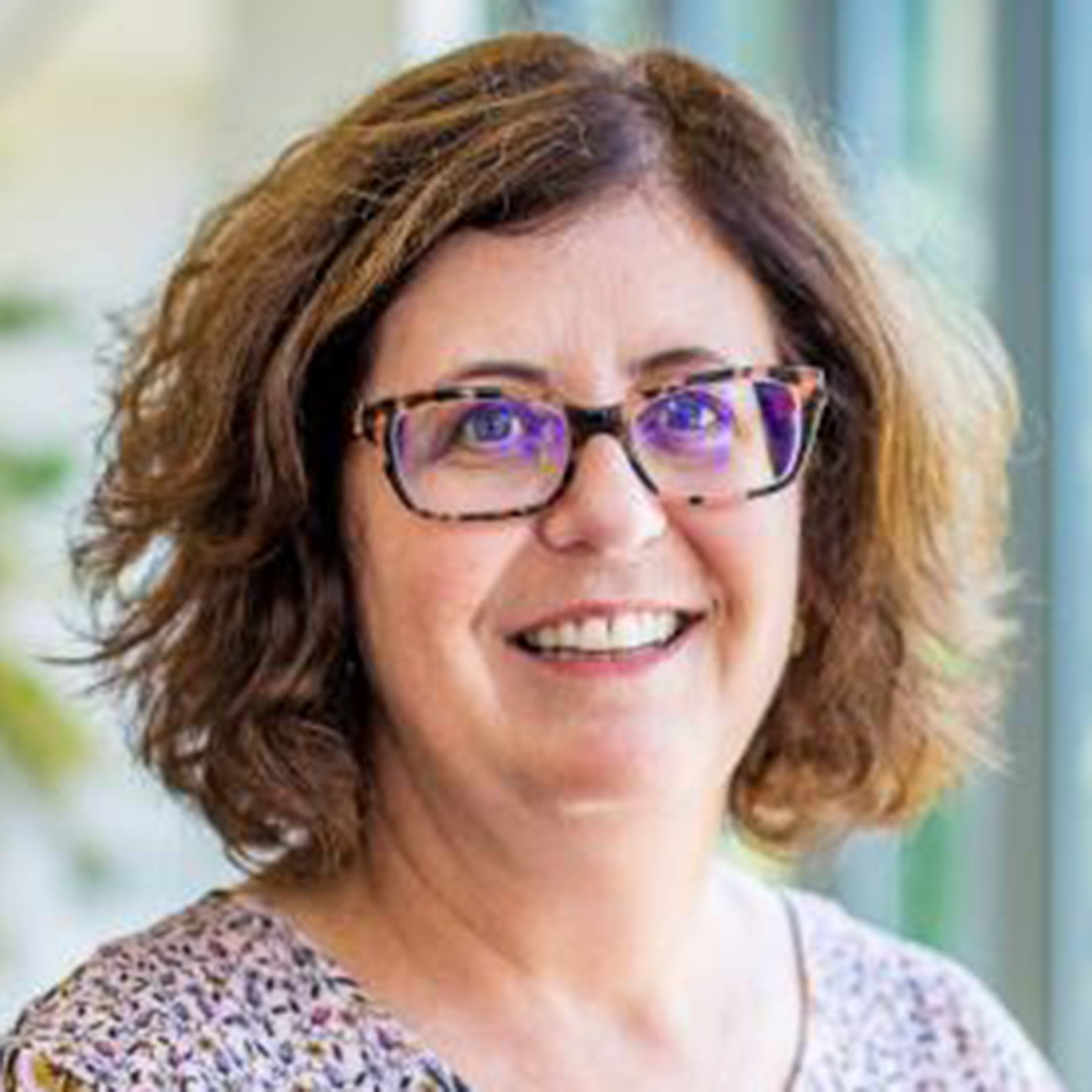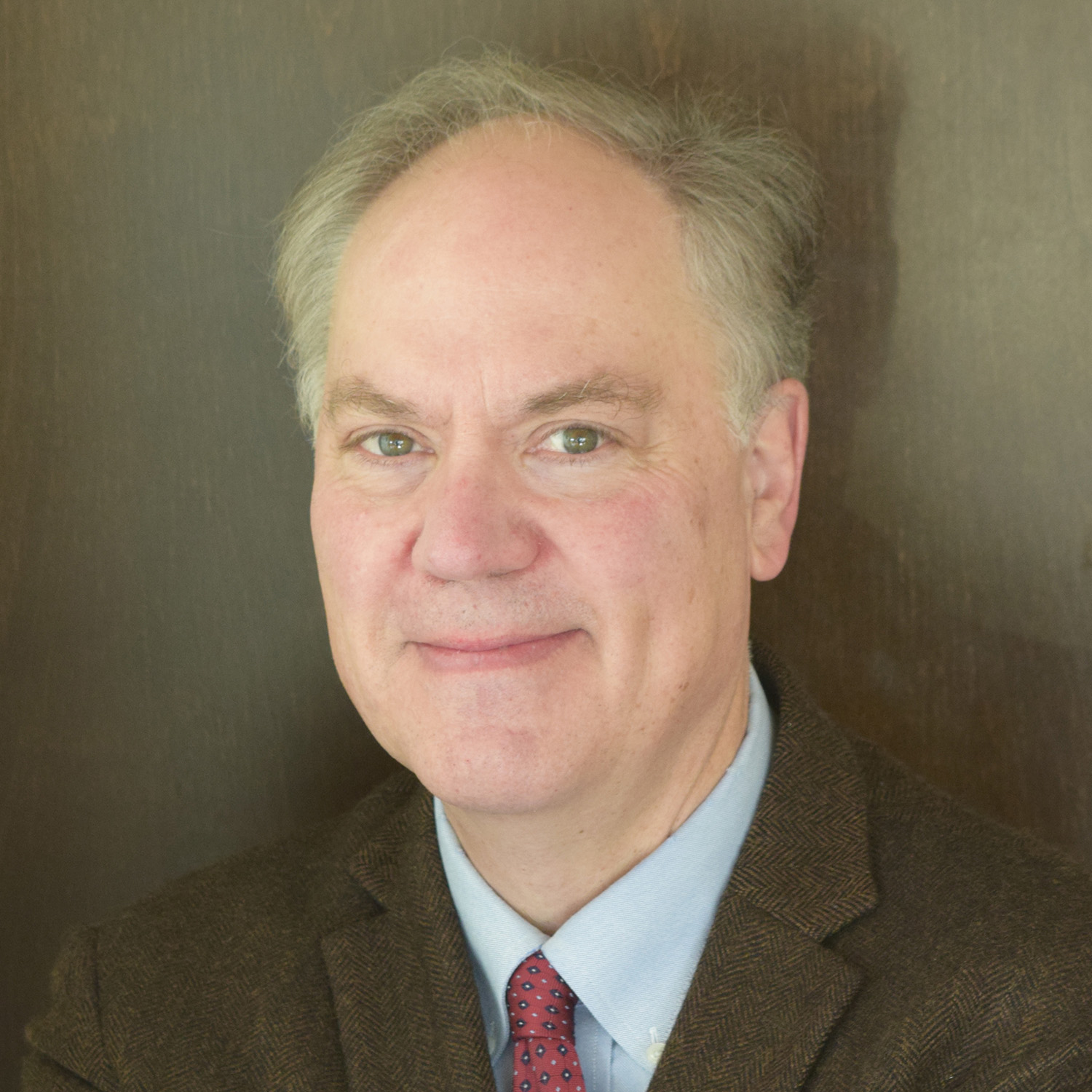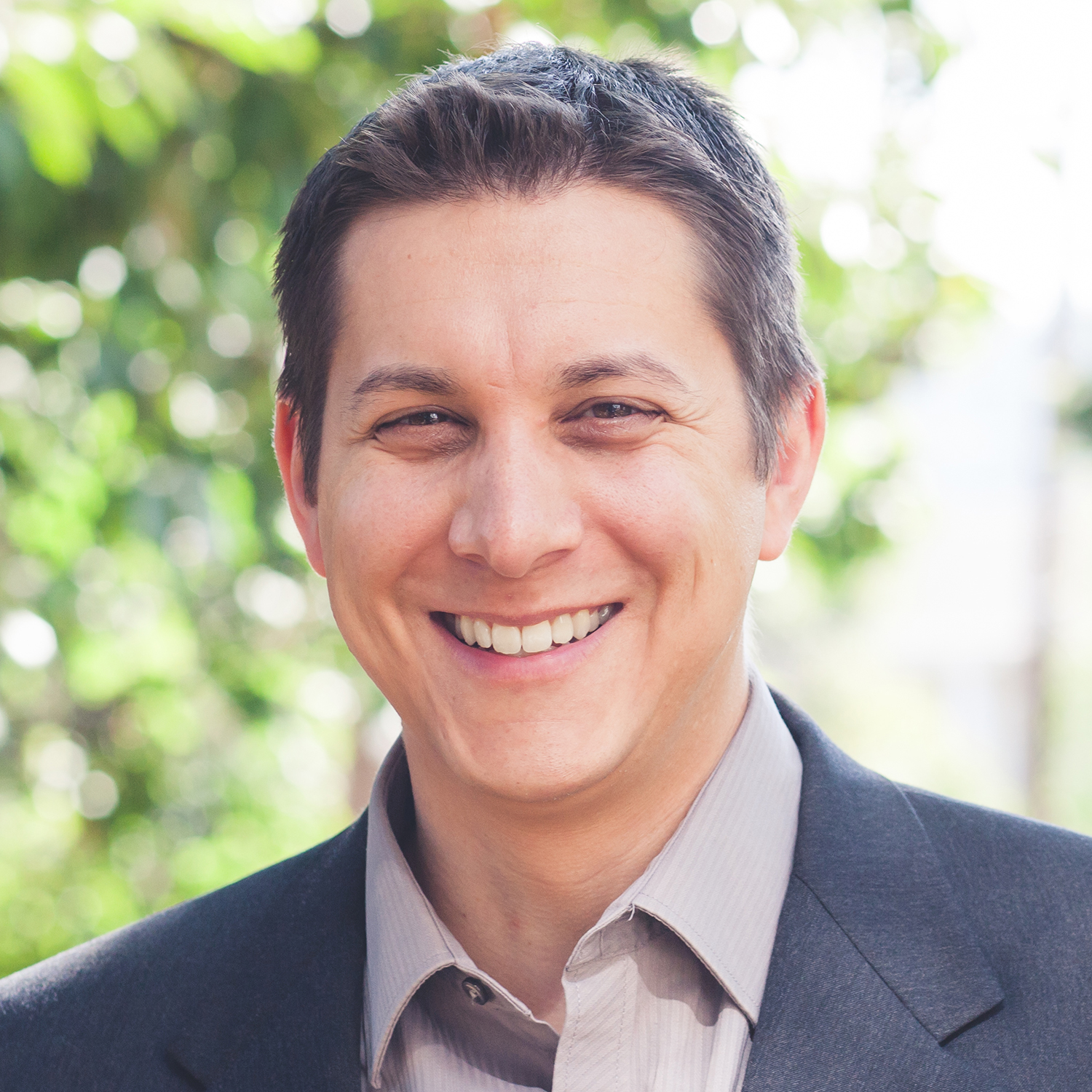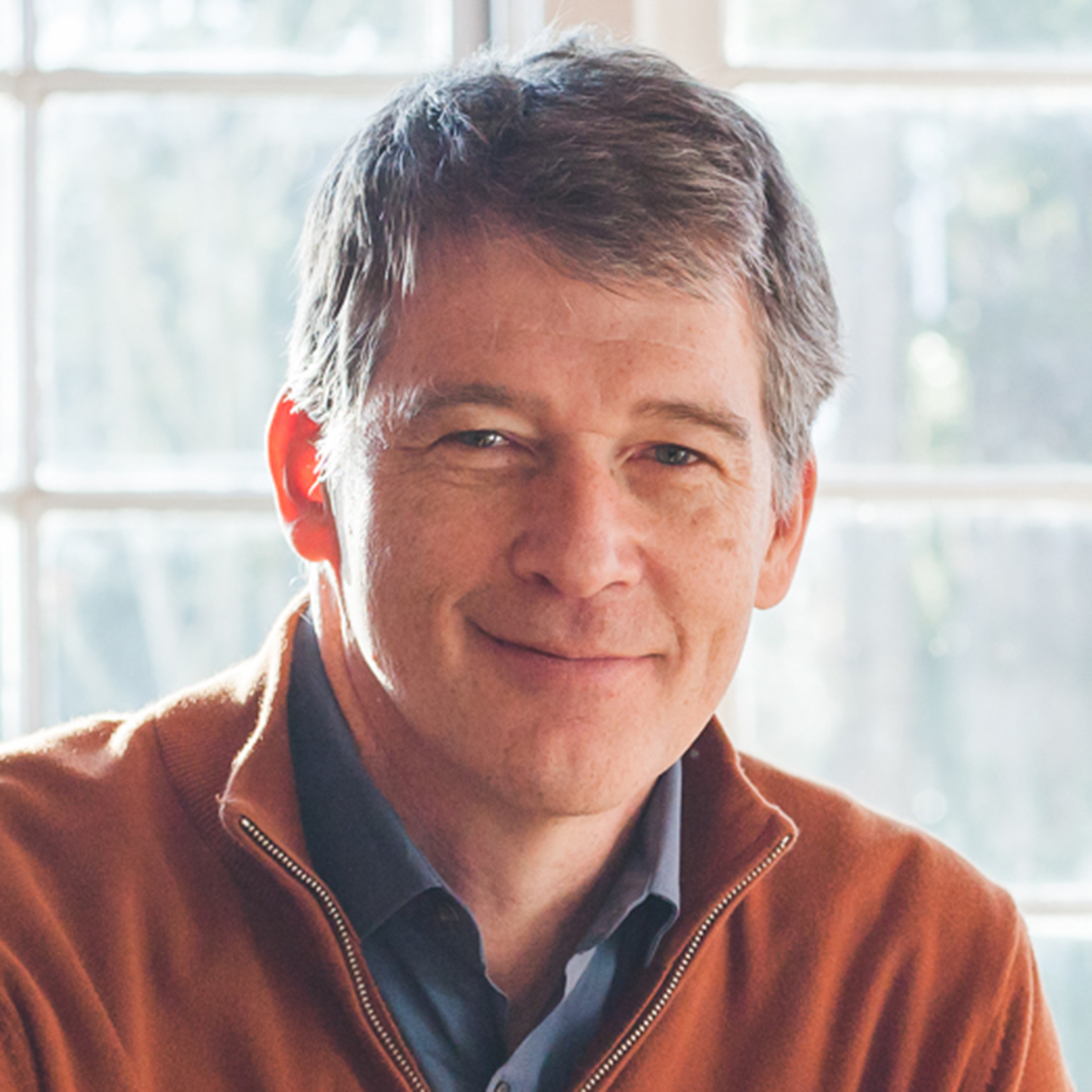September 8-10, 2022
Fundamentally, educating is the passing on of knowledge and values from one generation to the next to promote living wisely and well. As with all communication, however, the “how” of what we say impacts the “what.” A good educator is at root a good learner who models patient listening and skilled questioning. This year we will explore the “how” by focusing on the art of discussion, where teachers become fellow learners and, together with students, cultivate a lifelong passion for truth and a life well lived.
We are excited to welcome these nationally recognized speakers: Amanda Butler from Classical Conversations, Scott Postma from Kepler Education, Andrew Pudewa from Institute for Excellence in Writing, Kathryn Smith from Templeton Honors College, and Andrew Zwerneman from Cana Academy. All of these speakers bring insights and experience as we learn to be better learners and educators.
Since we are focusing this year on the art of discussion, we are also looking forward to supplementing talks with discussions. Participants will have a chance to join two breakout discussions in small groups where they will discuss short readings from from Plato and Schumacher. These discussions will focus on the nature of education and the skill of discussion leading. (See below for more information.) These discussions are often the highlight of the conference.
Speakers
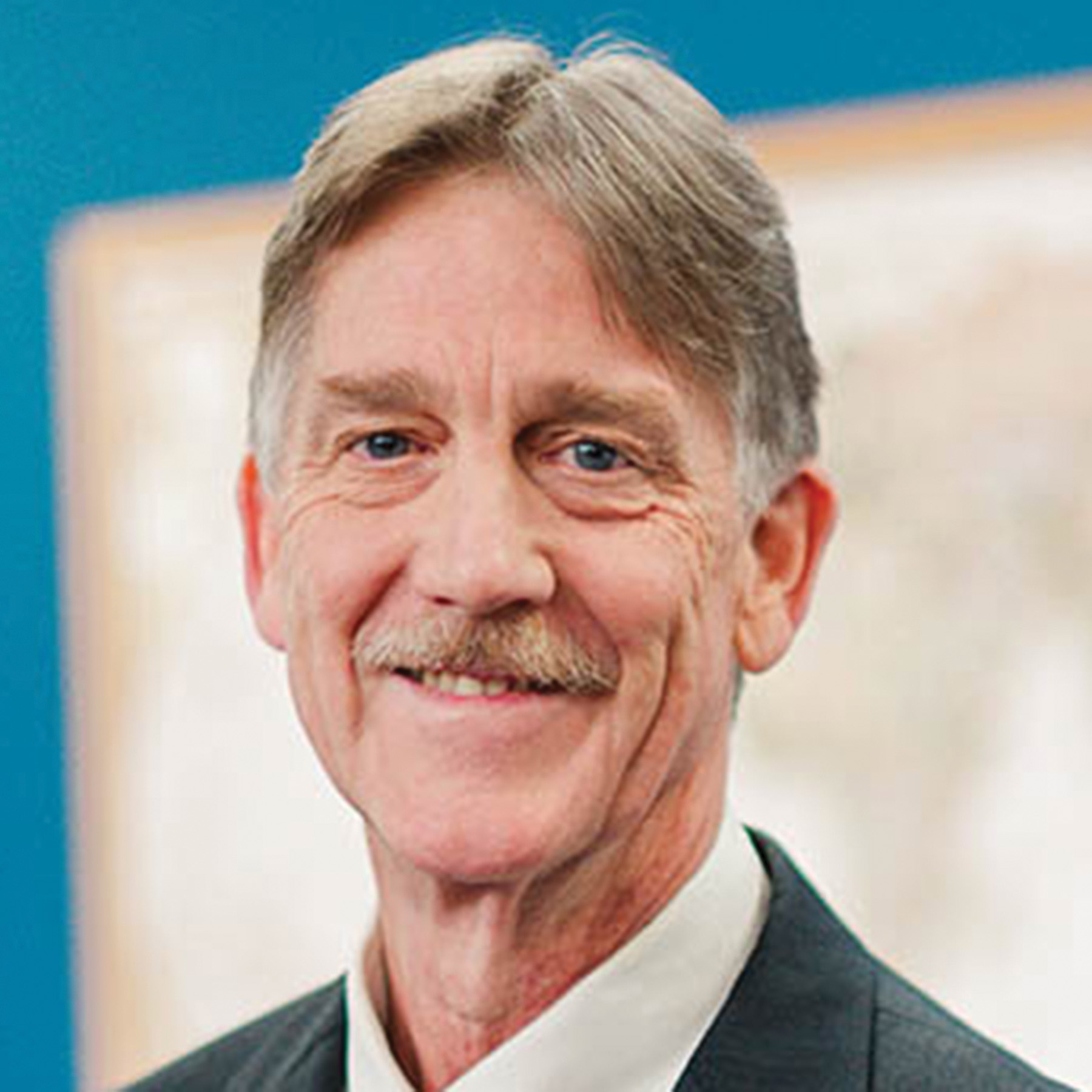
Andrew Pudewa
Institute for Excellence in Writing
“However Imperfectly: Lessons Learned from Three Decades of Teaching”
Breakout Discussions
On Friday of the Education Conference, participants will have a chance to join two breakout discussions in small groups where they will discuss short readings from Plato and Schumacher. During both discussions, we will take some time to debrief on the discussion process itself and reflect on what makes a good discussion.
Breakout Session One will focus on a selection from Plato’s Theaetetus. In this reading, Plato describes his life calling as a “midwife” to knowledge. The argument is interesting with plenty of nuance and showcases Plato’s inquiry-based approach to knowing.
Breakout Session Two will focus on a chapter from E.F. Shumacher’s book Small Is Beautiful, Economics as if People Mattered. In this chapter, Shumacher lays out his perspective on the most important economic resource—education. He describes how he thinks education might look if people mattered.
As part of the conference, we have created a conference booklet that includes a schedule of events and the two readings. However, if you are not able to read the selections, you are still welcome to attend the discussions.


